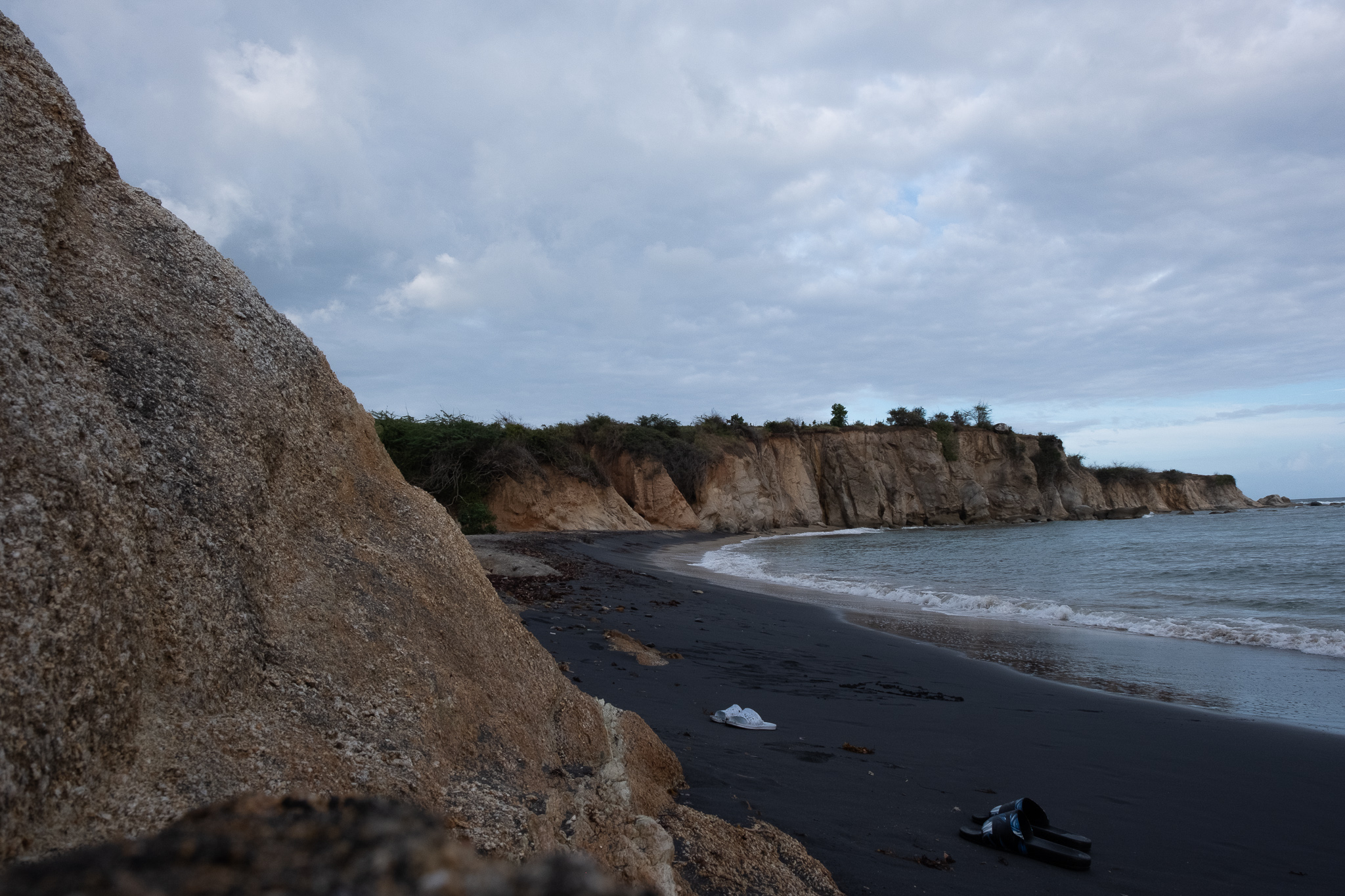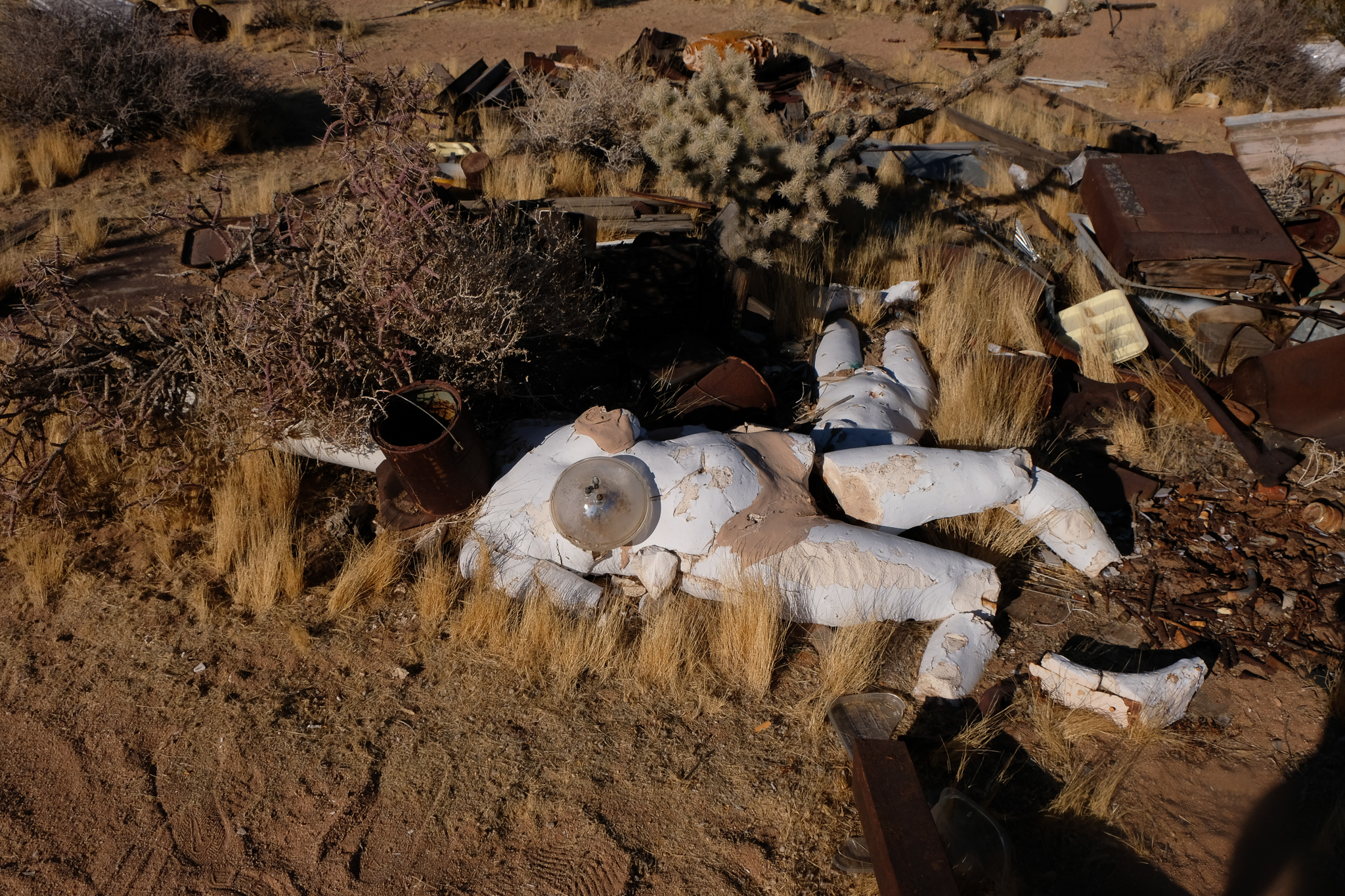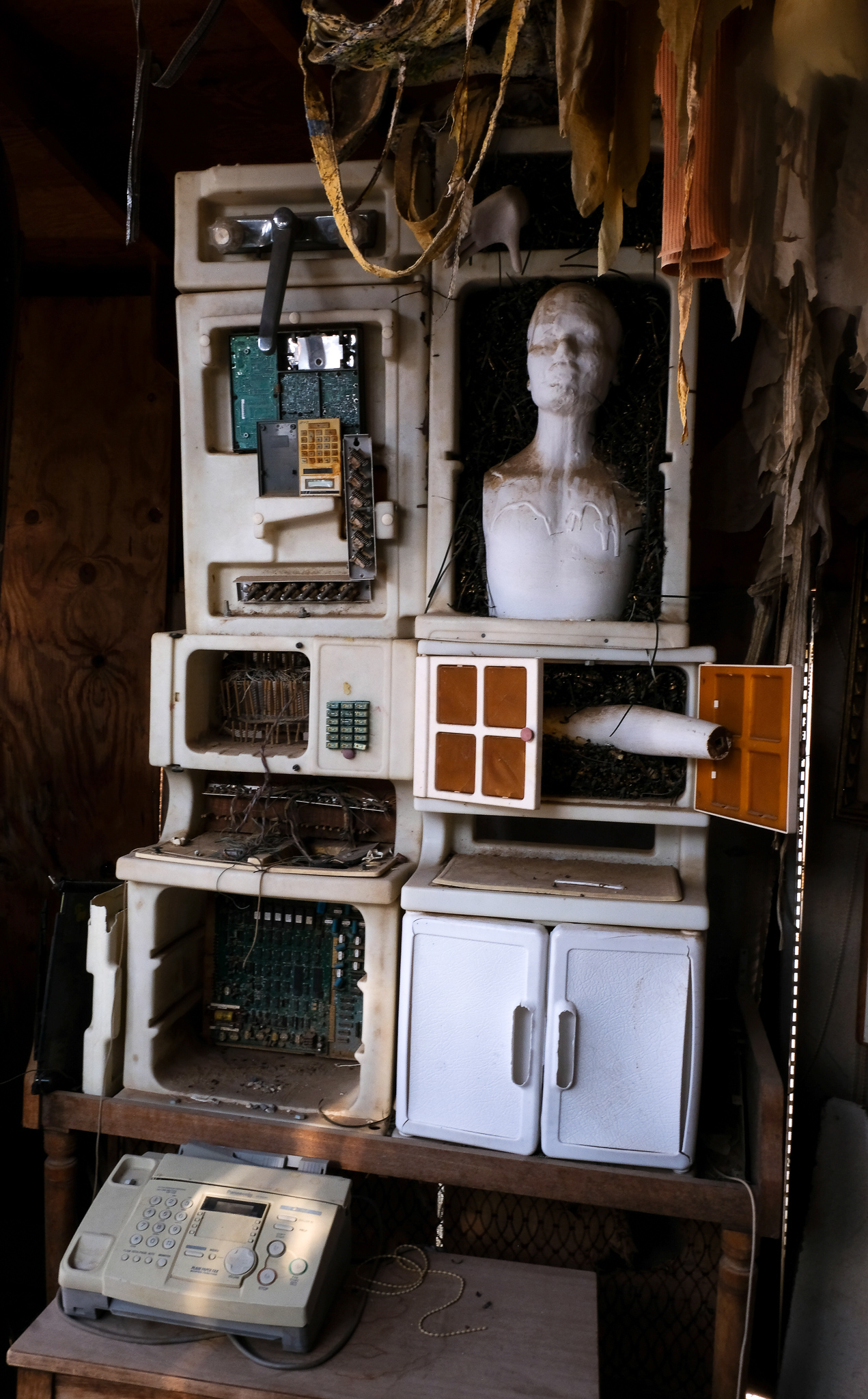Post Pandemic Futures of Play
April 1, 2020
By: Mohini
Since we are in lockdown, along with all the rest of our friends, colleagues, and collaborators, we wanted to set up informal creative routines to feed the conversations that nurture us through this strange time. We just relaunched our little studio this year, and since a lot of our work involves travel, in person field work, and research - all of which is impossible for the next few months at the least - we wanted to try and process our feelings through smaller projects or thought experiments. Here's the first one.

"All that you touch
You Change.
All that you Change
Changes you.
The only lasting truth
is Change." - Octavia Butler, Parable of the Talents
For the privileged amongst us, we are living in an unsustainable limbo. Healthcare workers, mutual aid networks, delivery & service workers do their best to prop up the crumbling monolith of our society, but we all know that life will not go back to the way it was. We had a way of life that was flawed and destructive, consuming human life and nature at an irreparable speed. We knew it was a decaying, a cancerous growth. Some of us tried to respond in the ways we know how, teaching, making art, talking about it, but too many still choose to stick their heads in the sand and deny reality. We all have different responses to change, and the fear of changing, the uncertainty of not knowing what will come next manifests itself as panic and chaos.
Unfortunately for human beings, we are a small and insignificant vector, crumbling under the mildest of natural rumblings. The current COVID-19 crisis has shown us how fragile our financial infrastructure is, how flawed our social relations are outside of the familiar, and how woefully unprepared we are as a species to respond to a changing world.

Climate change is contributing to an increase of earthquakes, tsunamis, and erratic weather conditions that lead to floods, droughts, and illness globally. Global crisis are on the rise, UNHCR predicts a rise in displaced populations seeking refuge due to climate change, adding to a fragile infrastructure of care and relief globally.
When we started Antidote in 2011, we thought the issue lay in visualizing the problem alone. While that is a significant challenge in building awareness and organizing around issues, visualizing the problem needs to lead to imagining solutions. This is our attempt at setting up a ritual of imagination, to dedicate some time everyday in dreaming of our futures.
For many of us, being aware of the crisis still didn't prepare us for the swiftness of this sudden shift. We are grieving and hopeful, seeing this awful crisis as perhaps the wakeup call our decision makers need. And more importantly, for all of us to see that we share the same boat, however unfairly divided, we are all going to have to live through worse plagues if we don't unite in our response.
Things are only going to get worse for us if we don't rethink our values and adapt while we can. COVID-19, under the best projections will have killed hundreds of thousands, if not millions in the coming months. It is a line we have crossed into uncertain times, where our familiar if flawed way of life must change.

What does it mean to be human? What does it mean to be a person living in a shared world with people after this global event?
Nearly overnight, our social habits have changed. We don't go out anymore, we avoid other humans as much as we can, going grocery shopping is a living game of tetris; scratching your nose can be a terrifying prospect, riding the bus feels like something our grandparents did. Will we play the same games after this? Play is historically how humans have processed a confusing and erratic world, and now, when the world is mid-change, what games will we make and play together?
Restrictions of movement are not a new concept. A large part of our society has already been displaced by war and capitalism, we just didn't know that refugees and desperate migrants were a portent of our own changing lives. In the film Children of Shatila, filmmaker Mai Masri shows children in the camp roleplaying as soldiers and residents, with the soldiers shooting the residents to death with makeshift guns. Children playing out their lived reality in the only ways they know how. In America, children once played cowboys and indians without guilt, playing the blood-soaked values of their people who plundered and celebrated the theft of land with glee. In Kashmir, a territory occupied by India, most recently put under fascist lockdown for nearly a year, children play a game called Frisk. After decades of military occupation escalated under the lockdown, the children were playing what they saw. Most of the kids line up by a wall as some of the kids walk up and down patting and frisking them. What is a humiliating part of their routines becomes a silly and fun way to kill the time, since schools are shut down, there is barely any internet accessible, along with a total media blackout "for their own protection".

So now that our financial, food, and political infrastructures begin crumbling, as outside becomes inaccessible, we are all adapting, for better or for worse. Overnight, we shifted into a Big Tech fantasy, everyone isolated, everyone clutching their devices for some sort of connection to the rest of the world. For those of us with unconventional employment, self employed and freelancers, artists and performers who live project to project, we don't have a 9-5 holding us back. Now that the world is ending and having a work routine seems less essential, how do we reclaim our time? Does time even matter anymore? Foucault said that, “Schools serve the same social functions as prisons and mental institutions- to define, classify, control, and regulate people”, much like our jobs control and regulate us. Now that all of these systems of control are adapting to a changing terrain of labour, we have a brief moment to imagine something else, something better.
Over the next few weeks, we will try and share a speculation about our future inspired by innovations in humanity during the novel Covid-19 pandemic. Some of the questions we are interested in asking are - what sort of games will children play when the world ends? What sort of play will we remember humanity with? How does this slowing down of capitalism impact our own individual consumption habits? What can we learn from the mutual aid networks emerging to support communities in need? As we learn to be human again, what games will we play?
